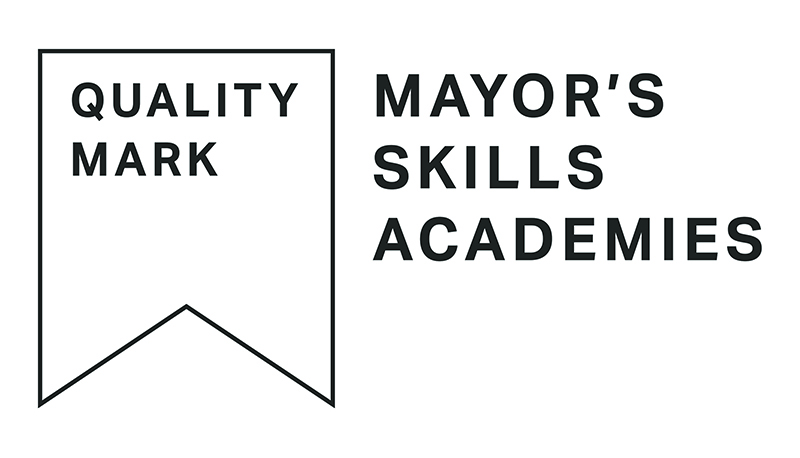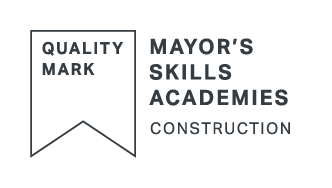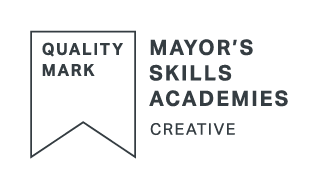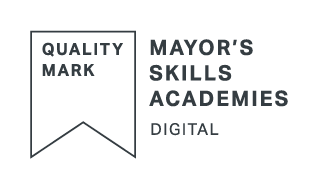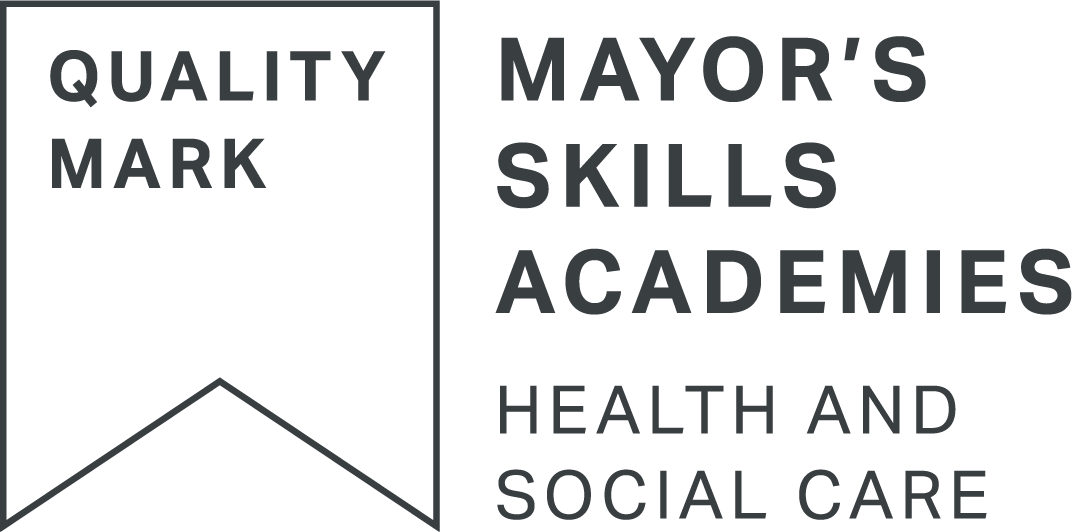Psychology is the study of the human mind and behaviour. It is a science with cutting-edge research that has real-world applications to issues in everyday life, ranging from things like artificial intelligence to social change.
You will look at questions like why is it that some people suffer from stress and mental illness?
Why do some people fear snakes yet a few think they are cuddly? You will study the impact of biological functions and of social influence on how people behave.
Throughout the course you will develop skills like how to plan and conduct scientific investigations, how to analyze and interpret data, critical reasoning skills and how to put across your point of view fluently.
Psychology has links with many disciplines including biological, computer and forensic science as well as humanities such as sociology, philosophy, and even literature. It involves the study of theory, empirical evidence, and practical applications, including statistical techniques. This mix of disciplines helps to make psychology such a fascinating subject.
You will be assessed in three two hour written exams covering each component at the end of the second year of the course.
The course will cover three components: A)INTRODUCTORY TOPICS IN PSYCHOLOGY: SOCIAL INFLUENCE, MEMORY, ATTACHMENT, PSYCHOPATHOLOGY
B)PSYCHOLOGY IN CONTEXT: APPROACHES IN PSYCHOLOGY, BIOPSYCHOLOGY, RESEARCH METHODS, SCIENTIFIC PROCESSES, DATA HANDLING AND ANALYSIS, INFERENTIAL TESTING.
C)ISSUES AND OPTIONS IN PSYCHOLOGY: ISSUES AND DEBATES IN PSYCHOLOGY, RELATIONSHIPS GENDER COGNITION, AND DEVELOPMENT, SCHIZOPHRENIA, EATING BEHAVIOUR, STRESS, AGGRESSION, FORENSIC PSYCHOLOGY, ADDICTION.
- Cognitive and developmental psychology
- Biological and social psychology
- Research methods and data analysis in psychology
- Media Psychology
- Topics in psychology like sleep and relationships


